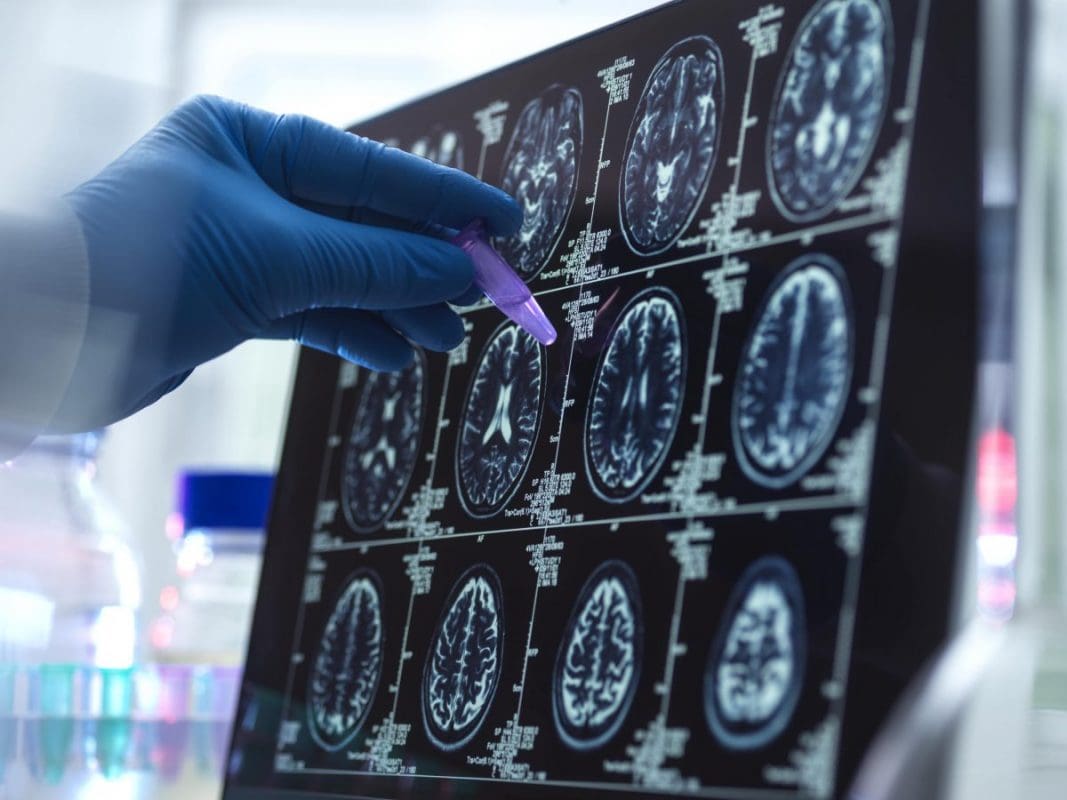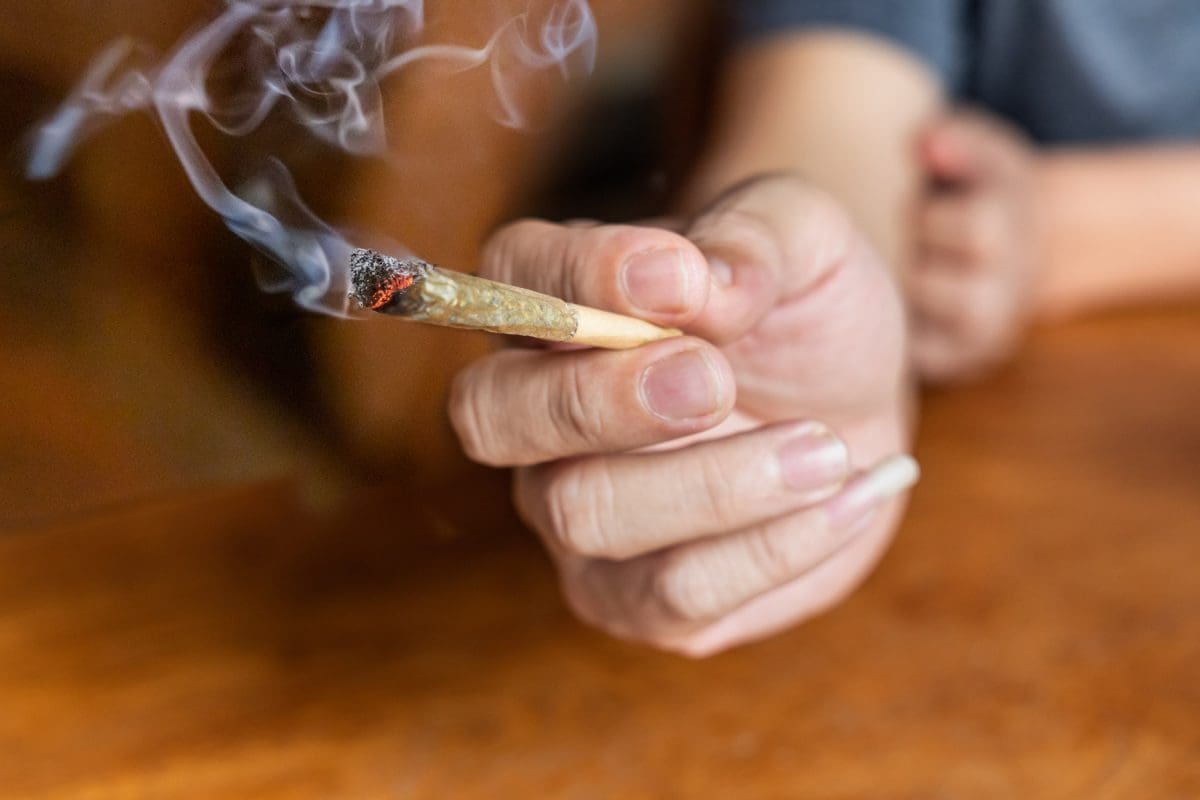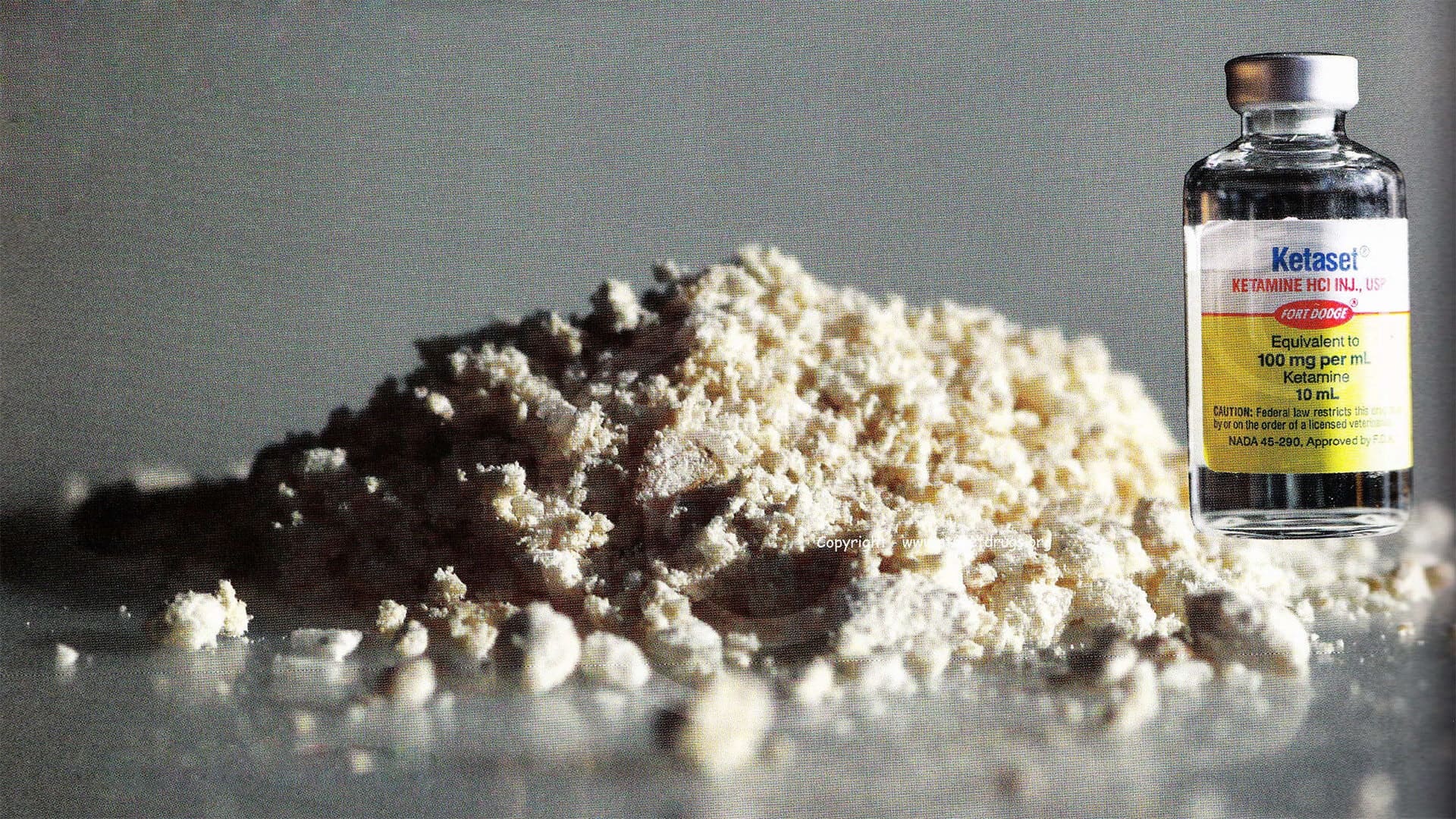“Trauma is often at the root of all addictions and destructive behaviours. At Delamere, we put a huge emphasis on trauma therapy, ensuring guests aren’t just aware of their trauma, but they properly address it to create real, lasting changes in their lives.”
Heroin Addiction
If you are concerned about your or a loved one’s heroin use, Delamere provides heroin addiction treatment at our private and discreet purpose-built rehab centre in Cheshire.


Help for heroin addiction at Delamere
Heroin addiction is considered a brain disorder because it causes structural and functional changes to the brain’s circuits that control reward, stress, and impulse. The more heroin that is used, the more pronounced these changes become. Left untreated, heroin addiction only ever becomes progressively worse. Negative consequences become bigger and more harmful. If someone is addicted to heroin it will be affecting all areas of their life in some way.
Heroin addiction insidiously affects both the individual and their surrounding relationships. Our Delamere team is united with the common goal of helping people grow from their addictions. If you, or perhaps a loved one, require heroin addiction rehab, we offer our guests an intensive 4-phase trauma-informed heroin addiction treatment programme to uncover the root cause of the problem.
Trauma and addiction treatment at Delamere in Cheshire
“Delamere helped me find the pathway to challenge and change the unhelpful values I’d created over years of self-abuse to help me heal and grow.” – Former Delamere guest
View Our Treatment Model View our Environment Call now: 0330 111 2015
When to seek heroin addiction treatment
If you are concerned a family member, friend, or perhaps work colleague may be using heroin, look out for behavioural signs such as frequent absences from work or study, substandard performance, and a general loss of interest in things that once seemed important.
Heroin users are often very secretive about their heroin use and will give elaborate stories to cover up their mistakes and absences. Heroin addiction treatment at Delamere provides a vital lifeline to help people suffering from addiction regain control of their lives.
Some of the most telling signs of a heroin addiction include the following:
- Pinpoint pupils.
- Bruising and track marks from injecting.
- Weight loss.
- Intense itching.
- Skin lesions and sores.
- Grey, unhealthy skin pallor.
- Flu-like symptoms.


The Delamere approach to heroin addiction
An inpatient stay at Delamere is a deliberately intensive 4-phase heroin addiction treatment, one which we have crafted over time and has helped many participants recover. Our emphasis is on holistic care to treat addiction and associated issues. This means that we treat the whole person rather than just the symptoms they present with. We believe that successful treatment runs far deeper than simply stopping the addictive substance or behaviour.
Our approach at Delamere comprises 4 core phases: Stop, Start, Grow, & Bloom. Everything we offer at Delamere aims at effective and lasting outcomes in addiction treatment:
How to encourage a loved one to get heroin addiction treatment
Heroin use can have a devastating effect on the lives of the user and the people around them. For many suffering from heroin addiction, it can be difficult to accept that their usage has spiralled into addiction, possibly even refusing to acknowledge that there’s a problem in the first place and resisting professional help. At Delamere, we provide family support services and help your loved one confront addiction and denial.
We also offer intervention services whereby we help prepare and rehearse a formal intervention that will culminate in your loved one entering treatment with us for their heroin addiction. If you are considering organising an intervention for your loved one, friend, or colleague, or simply need support in how to speak to someone you care for about their addiction, contact Delamere today.
Frequently asked questions about heroin addiction
As well as physical signs, there are a number of psychological symptoms that someone struggling with a heroin addiction may encounter. These include:
- Anxiety and depression.
- Psychosis and hallucinations.
- Memory impairment.
- Suicidal ideation.
- Increased risk-taking and recklessness.
Without sustained professional help, the chances of recovery from heroin addiction are very slim. At Delamere, we have a multidisciplinary team of highly experienced hands-on professionals with unrivalled in-depth knowledge of heroin addiction and its treatment.
Let us help you today
Start your recovery journey by contacting us today.
Confidential. Straightforward. Friendly.
Help and Support for Heroin Addiction Recovery
Discover more advice on Heroin addiction
-
What really happens to the brain and body when you take ketamine?
Find out what really happens to the brain & body when you take ketamine? LBC came to Delamere to speak about the increasing harm associated with ketamine use.
-
Cannabis is no longer just a ‘gateway drug’
A recent study shows that cannabis use increases the risk of paranoia & poor mental health outcomes. Find out more at Delamere.
-
Everything you need to know about ketamine bladder
What is ketamine bladder? Find out everything you need to know about ketamine bladder at Delamere Health.
-
Paying the price for a party: How cocaine can affect the brain
Delamere takes a look at how cocaine can affect the brain. Read our blog, Paying the price for a party.





















